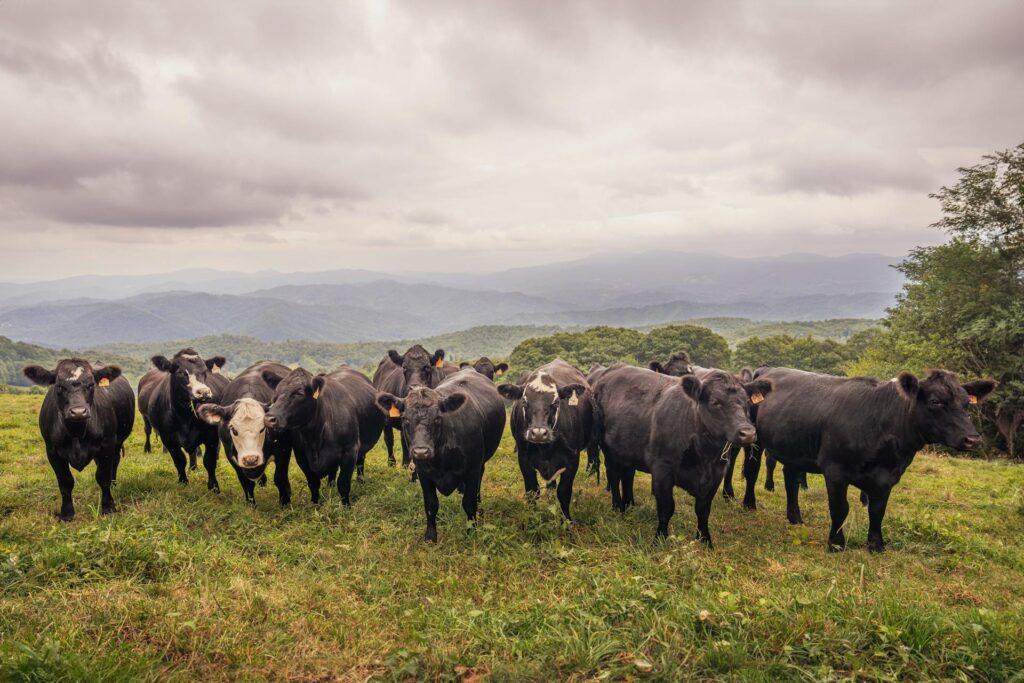Cattle Farming in Zimbabwe: An Overview
Cattle farming is a vital component of Zimbabwe’s agricultural sector, providing livelihoods for thousands of farmers and contributing significantly to the country’s economy. With its fertile soils, favorable climate, and abundant water resources, Zimbabwe has the potential to become a major player in the regional and global beef market.
History of Cattle Farming in Zimbabwe
Cattle farming in Zimbabwe dates back to the pre-colonial era, with indigenous breeds such as the Sanga and Tswana being widely kept. The arrival of European settlers in the late 19th century introduced new breeds, such as the Angus and Hereford, which were crossed with local breeds to improve productivity.

Cattle Breeds in Zimbabwe
Zimbabwe is home to a diverse range of cattle breeds, including:
– Sanga: A hardy, indigenous breed well-suited to the country’s climate.
– Tswana: Another indigenous breed known for its heat tolerance.
– Angus: A popular breed for beef production.
– Hereford: A versatile breed used for both beef and dairy production.
Cattle Farming Practices
Zimbabwean cattle farmers employ various practices to ensure the health and productivity of their herds, including:
– Vaccination: Regular vaccination against diseases such as foot-and-mouth and anthrax.
– Breeding: Selective breeding to improve fertility and productivity.
– Nutrition: Providing balanced diets to promote growth and health.
Challenges Facing Cattle Farmers
Despite its potential, Zimbabwe’s cattle farming industry faces several challenges:
– Climate change: Droughts and heat stress affect cattle productivity.
– Disease: Outbreaks of diseases such as foot-and-mouth and tick-borne illnesses.
– Market fluctuations: Unpredictable market prices affect farmers’ income.
Conclusion
Cattle farming is a vital sector in Zimbabwe’s economy, providing livelihoods and contributing to food security. By adopting improved practices and addressing challenges, Zimbabwean cattle farmers can increase productivity and competitiveness in the regional and global market.
